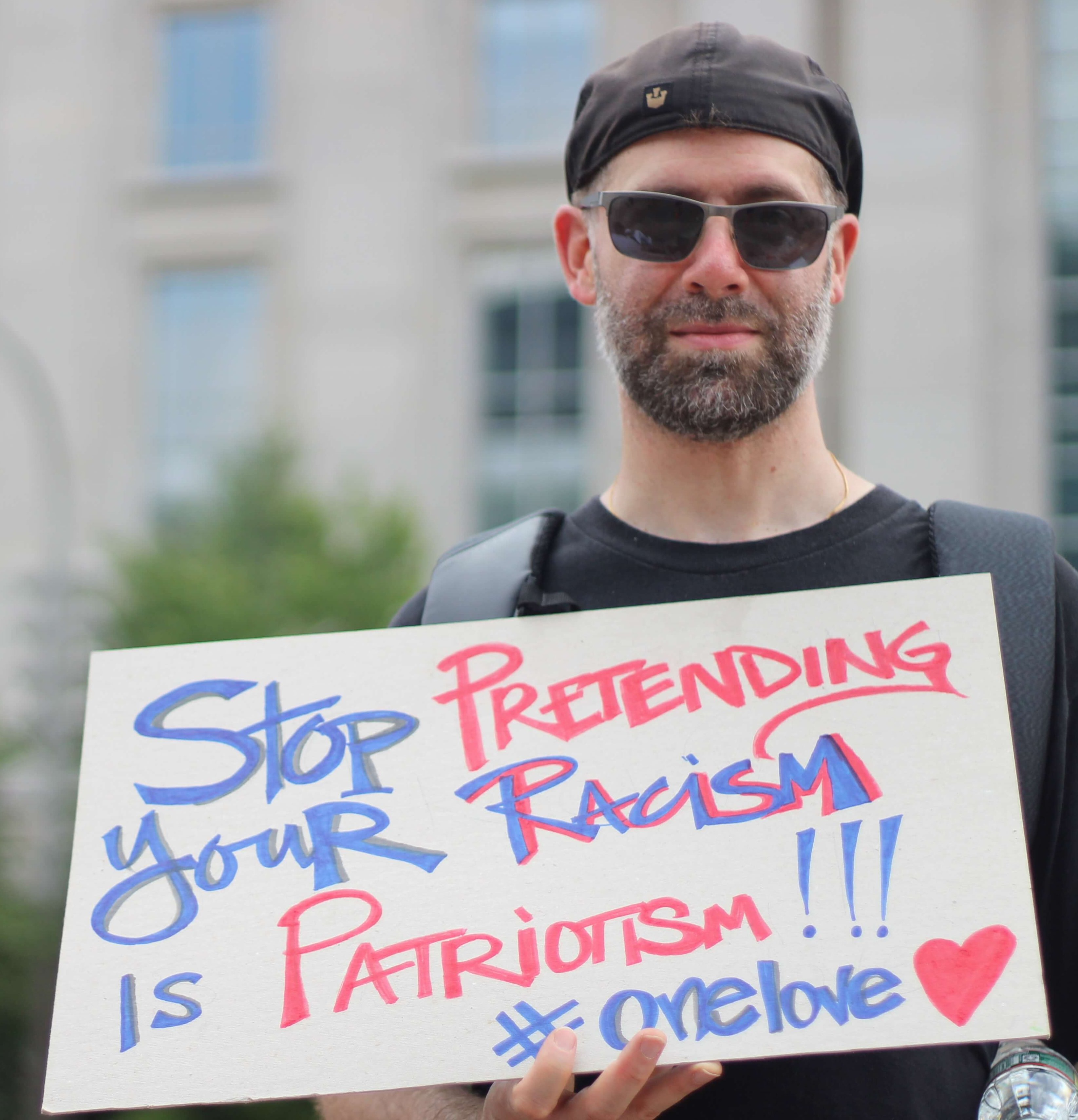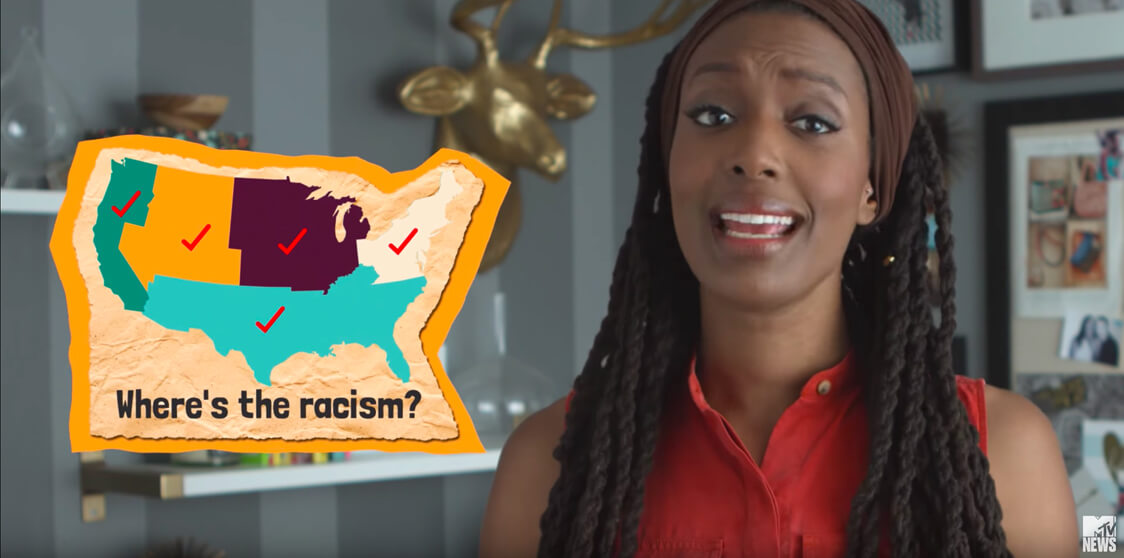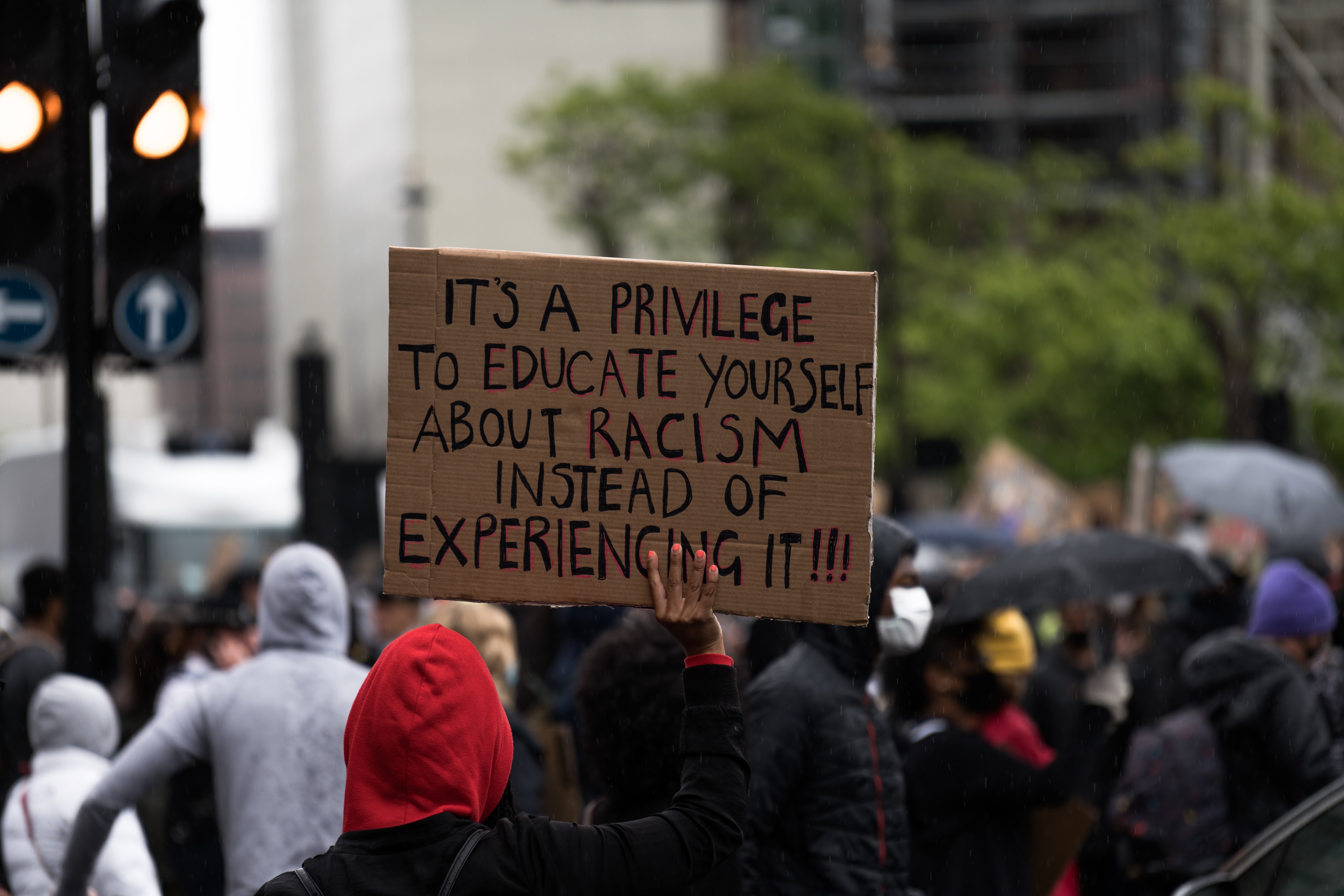- The Meaning of Critical Thinking: A Key Skill for Navigating Today’s Information Landscape - November 3, 2025
- Grandparents Can Develop Activist Grandchildren - September 29, 2025
- Top Six Reasons Credit Union Benefits Are a Smart Choice Over Banks - August 18, 2025
Last Updated on October 23, 2024

My friend’s questions left me mulling over the role of white people in racial justice. Many organizations are working on racial justice, but what unique place do white people hold in the fight?
It seems apparent that we can make an impact. But we must understand the privilege definition of white people being born with unearned advantages. We can’t tread on the work being done by people who have long been fighting for racial equality. Finally, we must ensure our voices don’t drown out the more critical voices of those impacted directly.
Privilege Definition: White People Must Understand their Advantages
Where do we start to make racial equality a reality? One of my most significant learnings has been understanding my privilege.
Privilege is a complicated concept. Some white people I know don’t like to talk about it. But privilege means that some people get lucky and some don’t, depending on whether they are born into a dominant group. Being white means we have unearned benefits.
I like this privilege definition:
“Privilege is a system that gives unearned advantages, favors, and benefits to members of dominant groups at the expense of members of target groups, and it operates on personal, interpersonal, cultural, and institutional levels. In the United States, privilege is often granted to people who are members of particular identity groups, such as: White people, Able-bodied people, Heterosexuals, Males, Christians, Middle and upper-class people, Middle-aged people, and English-speaking people.” -Guide to Activism at Miami University
I have privilege related to being white, able-bodied, heterosexual, middle-class, and English-speaking. As I am aware of my privilege, I can also honor the areas in which I don’t hold privilege.
“White privilege is like an invisible weightless knapsack of special provisions, assurances, tools, maps, guides, codebooks, passports, visas, clothes, compass, emergency gear, and blank checks.” -National Seed Project
I must recognize the areas where I hold privilege, where I don’t pay attention to issues that do not affect me. The Daring Discussions Handbook reminds us,
“Holding privilege is what allows us to avoid and ignore issues that do not directly affect us, and understanding your own privilege is an important part of giving others space to share difficult and vulnerable truths about their experience.”
Evaluate Your Privilege

Be open to broadening your worldview. The first step is to understand your background. My book, The Happy Activist, contains a chapter on inventorying your activism knowledge, particularly in the area of cultural competence. The companion, The 5-Step Activism Path Workbook, contains inventories and exercises to help you set goals for being culturally competent.
The BuzzFeed quiz, “How Privileged are you?” isn’t a scientifically developed survey, but it is enlightening. Take a moment to test your privilege:
BuzzFeed Quiz: How Privileged Are You?
At the website It’s Pronounced Metrosexual, you can find examples of situations that mean you hold privilege. The site includes examples for gender, race, sexual orientation, ability, socio-economic status, and religion. For example, if you are male, here are benefits you receive because of your gender and sex.
- You can be a careless driver and not have people blame it on your sex.
- If you have a bad day or are in a bad mood, people aren’t going to blame it on your sex.
- You can be confident that your coworkers won’t assume you were hired because of your sex.
Lori Lakin Hutcherson describes what happened when she was asked by a white friend to explain white privilege and she didn’t hold back.
Now What?
Being aware of your privilege is a great first step.
But it is complicated. If you realize that your privilege has helped you get an advanced degree, where others who are equally talented did not get that opportunity, what do you do with that?
I found this article by Eboo Patel (and the comments) enlightening. Patel muses over the idea of whether we should give away our privilege and admits that he is not willing to do so. However, he describes a group that made a conscious choice to give up their privilege–the Catholic Workers, who ‘lived like Jesus’.
One of the commenters describes feeling a ‘creeping sense of guilt’ about holding privilege. When we feel that guilt in our heart what do we do with it?
When you are ready, identify areas where you can grow in the process of dismantling privilege. A great resource is the Anti-Defamation League Personal Self-Assessment of Anti-Bias Behavior.

Why not have some fun and learn at the same time with Francesca Ramsey on MTV Decoded? Her fun videos cover serious topics about race, such as “13 Things White People Take for Granted”. Spoiler alert: One is flesh-colored band-aids that actually match your skin color.
Are You Ready To Support Racial Justice?
If you are a white person ready to support racial justice, visit Showing Up For Racial Justice to get started. SURJ has resources, such as this guide to White Supremacy Culture. You can search for local SURJ chapters.
Use your privilege to help others.
[Like what you’ve read? Follow the blog so you don’t miss any content.]
READ NEXT
What Can White People Do to Support Black Lives Matter?
In “Just Mercy” Stevenson Shows Us How to Make a Difference
How an Artist Teaches a Powerful Message about Racism
How to Understand Racial Injustice in a Deeper Way




Terri, I’m so glad I found this post, thanks to SeniorSalon. You’ve offered a great collection of links here and I thank you.
Hi Terri, I found you on Esme’s Senior Salon and admire your blog – this is really thought provoking and has certainly made me challenge myself as a white Brit living in an affluent middle class area of south London. “Identify areas where you can grow in the process of dismantling privilege” – strong words that I will be sharing with my family. My daughter (aged 16) will LOVE your site! I hope that you don’t mind but I have shared your post on my regular blog feature “Monday Magic – Inspiring Blogs for You!”, Claire x PainPalsBlog
Welcome, Claire! I feel as if I will always be working at dismantling privilege. I love your blog, too. My son, who has a disability, shared spoon theory with me and now it is a shorthand for us. “I don’t have any spoons left. Sorry.” Thank you for sharing my blog on Pain Pals.
Welcome, Janet!
Pingback: SENIOR SALON 2019 ROUNDUP: JAN 21 – 25, 2019 ~ Esme Salon
Pingback: From the Middle of Black History Month – Janet Givens
Pingback: It is time to talk about it • Life At the Intersection
Pingback: What Being A Witness Teaches Us About Social Justice • Life At the Intersection
Pingback: How to understand racial justice in a deeper way • Life At the Intersection
Pingback: Listen to Trans People When They Speak Their Truth • Life At the Intersection
Pingback: What Can White People Do to Support Black Lives Matter?
Pingback: How an Artist Teaches a Powerful Message about Racism
Pingback: You Have the Power to Stop Harassment • Life At The Intersection
Pingback: Powerful Advice for New Activists: Agitate, Agitate, Agitate!
Pingback: How to Understand Racial Injustice in a Deeper Way
Pingback: It Is Time to Talk About It